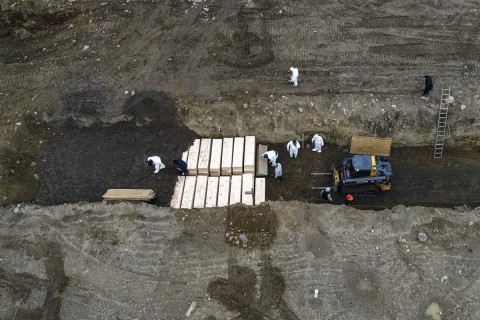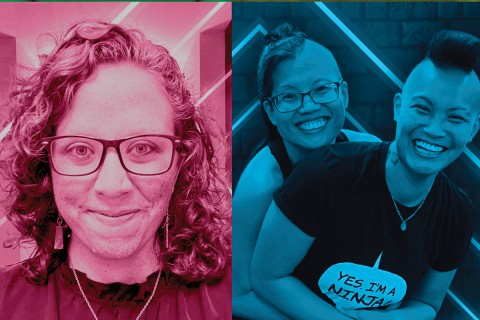It's time to face the collective grief of COVID-19
How do we help one another when everyone is grieving something?

(RNS) — A close friend said to me this week that it seems as if “our entire nation is experiencing turbocharged grief and doesn’t know how to grieve.”
For many Americans of faith, the peak of the COVID-19 contagion is coinciding with our major holidays — Passover for Jews, Holy Week and Easter Sunday for Christians, with Ramadan beginning next week for Muslims. These holidays, while joyful, are also moments to grapple with what it is to be human and to remember profound loss.
Americans are known worldwide for our culture of individualism and our resourcefulness. Surveys reveal that many of us think that “God helps those who help themselves” is a verse in the Christian Bible. It’s not.





